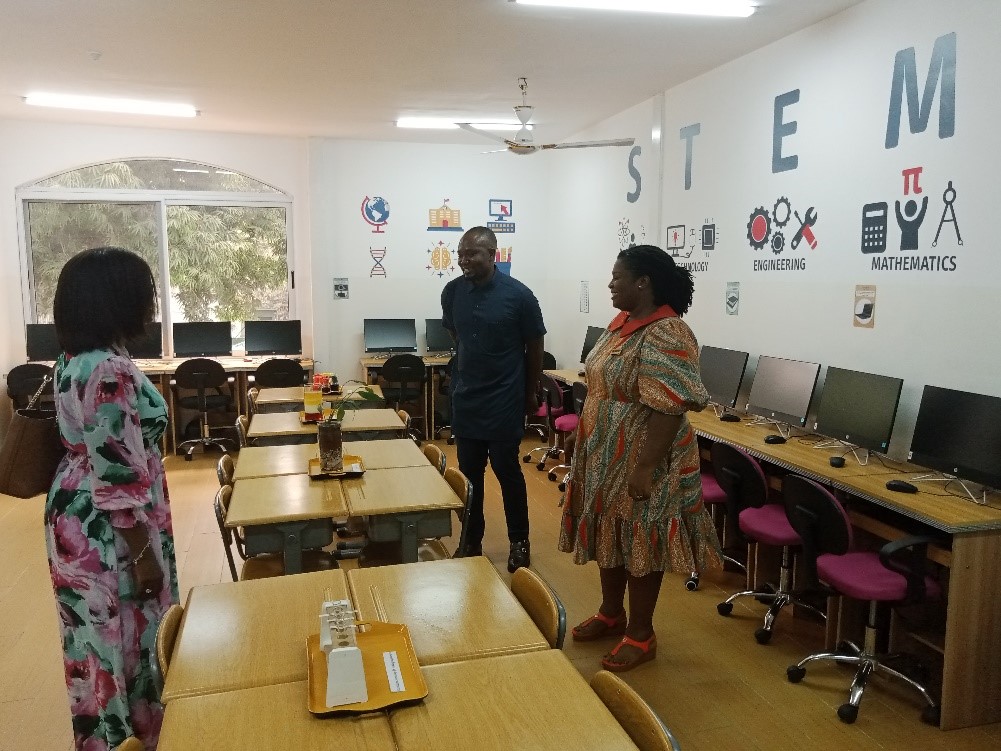
By Wisdom JONNY-NUEKPE
The Ghana Employers’ Association (GEA) and the Trades Union Congress (TUC), have said prioritization of workplace safety and measures to mitigate occupational hazards must be given critical attention in order to enhance productivity and curb losses.
GEA’s Chief Executive, Mr Alex Frimpong, said safety and health issues are key part of ongoing efforts by the Association to ensure sustainable enterprise development whilst safeguarding the well-being of Ghanaian workers.
Mr Frimpong, was speaking at the maiden edition of the Association’s 2-day Annual Occupational Safety and Health (OSH) Conference in Accra, yesterday.
He explained that the Conference comes at a critical time when workplace accidents, injuries, and illness are on the rise. These challenges, he noted, lead to significant costs for businesses, affecting productivity and diverting resources away from more productive endeavours.
The event according to the CEO, is also in line with new developments within the International Labour Organization (ILO), where fundamental principles and rights at work, include a safe and healthy working environment.
“This global requirement by the ILO, further underscores the urgency of mainstreaming OSH practices in every workplace” Mr Frimpong noted.
Indeed, the Association said it has, through support of the Confederation of Norwegian Enterprise, developed sector-specific OSH guidelines to help employers integrate safety and health management into core businesses at the workplace.
“The guidelines which initially covered the manufacturing, agriculture and construction sectors, have now been extended to banking and the hospitality sectors” Mr Frimpong confirmed.
Under the theme, ‘Building a resilient and safe workplace: Strategies, Compliance, and Innovation”, Mr Frimpong indicated that GEA seeks to leverage the power of the theme to explore the critical importance of OSH for both employers and employees.
The Secretary-General of the TUC, Joshua Ansah, said workplace safety remains non-negotiable as compliance with safety regulation is a key requirement at the workplace.
He added that workplaces must however go beyond mere compliance to integrating safety into organizational cultures.
“This means organizations must undertake regular trainings, adhere to safety protocols and a commitment from all levels of the organization to prioritize the wellbeing of employees” Mr Ansah noted.
Innovation, according to the TUC Boss, plays a pivotal role in both resilience and safety – an avenue which embrace new technologies and methodologies to create safer working environment.
The Chief Inspector of Factories at the Department of Factories, Mr George Gershon, explained that health and safety measures are key investments at the workplace which must be vigorously pursued.
He said the country does not have a safety policy to guide in making key decisions but insists the Department of Factories operates within its regulatory framework and OSH compliance in Ghana.
Current ILO data on OSH and losses
Data from the International Labour Organization indicate nearly three million people die annually from work related diseases, with work accidents accounting for additional 330,000 deaths per year, according to the analysis.
The Organization also states that some 395 million workers globally sustain non-fatal work injuries per annum.
Accordingly, an estimated US$2 trillion is lost each year – in revenue, by companies across the world due to effects of comprising safety and health at the workplace.
The post Employers’ Association, Partners advocate workplace safety plan appeared first on The Business & Financial Times.
Read Full Story






















Facebook
Twitter
Pinterest
Instagram
Google+
YouTube
LinkedIn
RSS